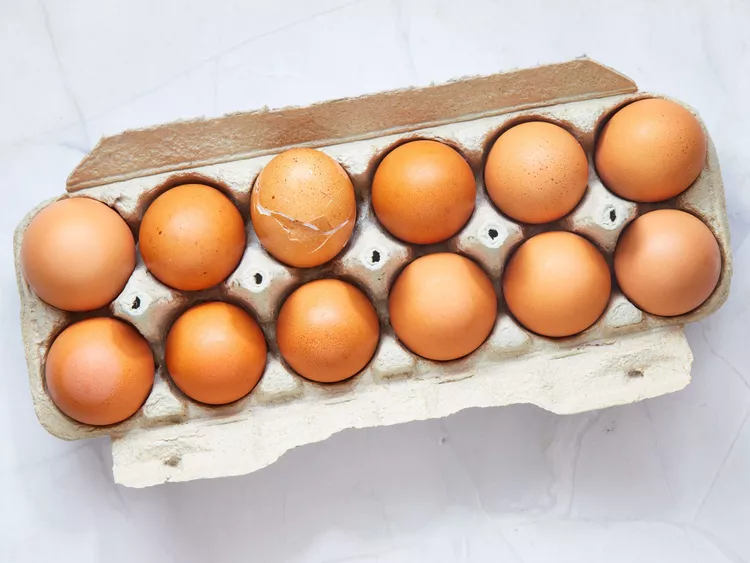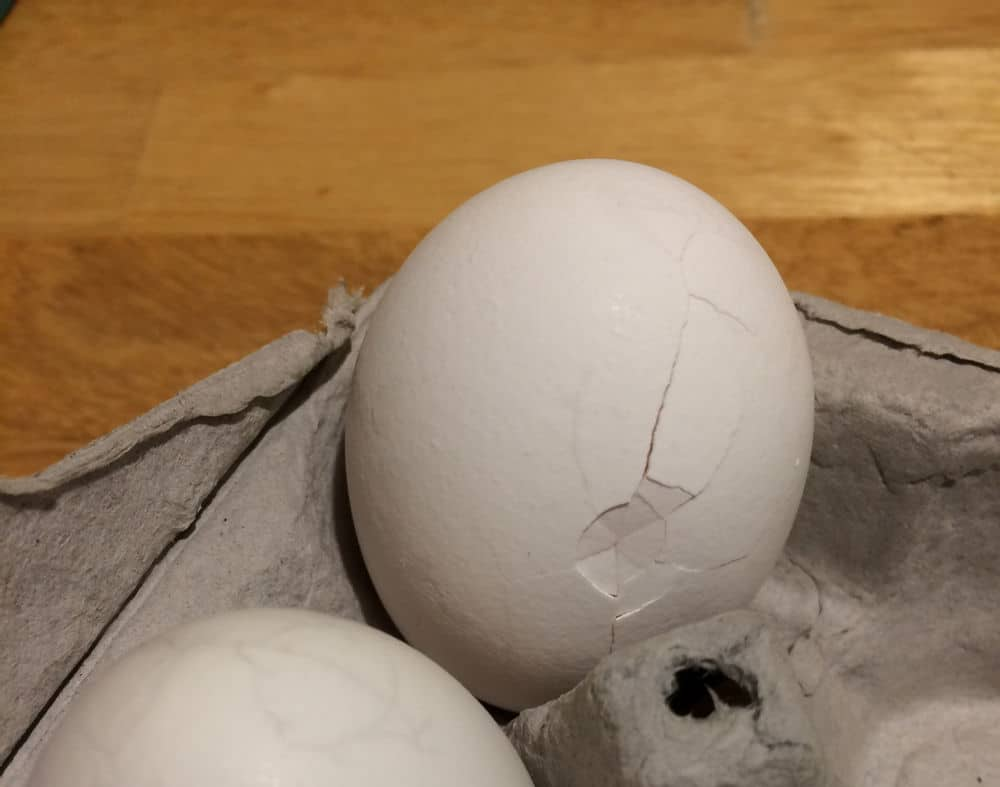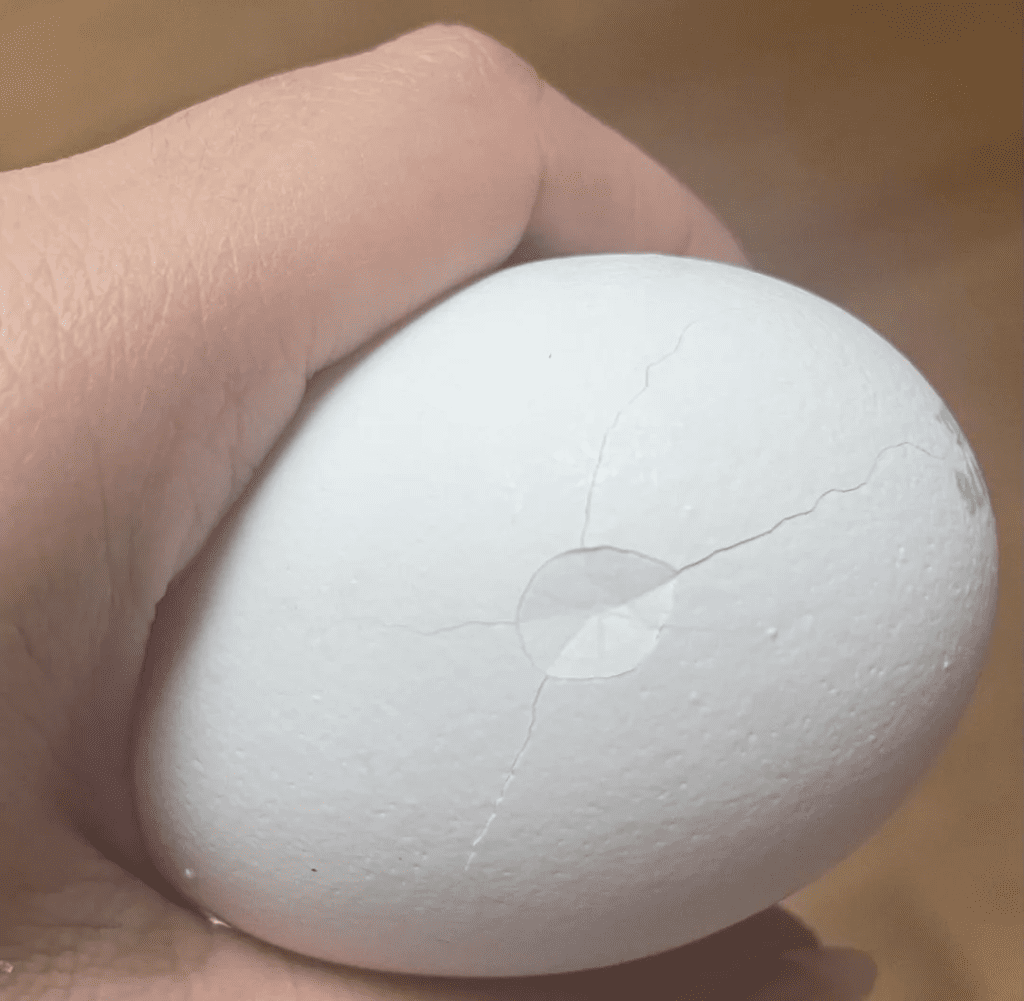Eggs are a kitchen staple, a versatile ingredient that can transform a simple meal into a culinary masterpiece. But what happens when you find a cracked egg in your carton? Is it safe to eat? The answer isn’t always straightforward, and it depends on how the egg got cracked. Let’s dive into the world of egg safety and learn how to handle cracked eggs with confidence.

We’ve all been there: you open the fridge, grab a carton of eggs, and discover a cracked one hiding inside. Your first instinct might be to toss the whole carton, but hold on! The safety of that cracked egg depends on how it got cracked.
If the egg was cracked before you brought it home, it’s best to err on the side of caution and toss it. Bacteria can easily enter the egg through the crack, contaminating the yolk and white. The rest of the eggs in the carton should be safe as long as they don’t show any signs of spoilage.
If you accidentally cracked the egg while transferring it from the bag to the fridge, you’re still in luck! You can use the cracked egg if you handle it properly. Place it in a clean, airtight container and store it in the refrigerator for up to two days. When you’re ready to use it, cook it thoroughly to kill any potential bacteria.
You can also freeze cracked eggs to extend their shelf life. Separate egg whites can be frozen in an ice cube tray for up to a year. Whole eggs can be beaten into a scramble-like mixture and frozen in a container with a lid. Just remember, you can’t freeze separated egg yolks without adding additional ingredients to prevent them from separating.

Don’t worry if an egg cracks while you’re hard-boiling it. The USDA confirms that it’s perfectly safe to peel and consume hard-boiled eggs that have cracked during the cooking process.
Even uncracked eggs can be contaminated with Salmonella, a bacteria that can cause food poisoning. Salmonella can enter the egg before the shell is fully formed, so it’s important to cook eggs thoroughly to kill any potential bacteria.

To ensure the safety of your eggs, it’s essential to cook them to the proper temperature. Here are the recommended temperatures for different egg preparations:
- Hard-boiled eggs: 160°F (no need to use a thermometer, hard-boiled eggs will reach this temperature inside)
- Omelets, frittatas, quiches, casseroles, stratas, eggnog: 160°F
- Egg white omelets and pie meringues: 144°F to 149°F
- Scrambled, over-easy, over-hard, fried, basted, and poached: 144°F to 158°F
Cracked eggs can be a source of concern, but with a little knowledge and careful handling, you can enjoy them safely. Remember to always cook eggs thoroughly to kill any potential bacteria, and don’t hesitate to toss any eggs that were cracked before you brought them home. By following these simple tips, you can keep your kitchen safe and your meals delicious.


